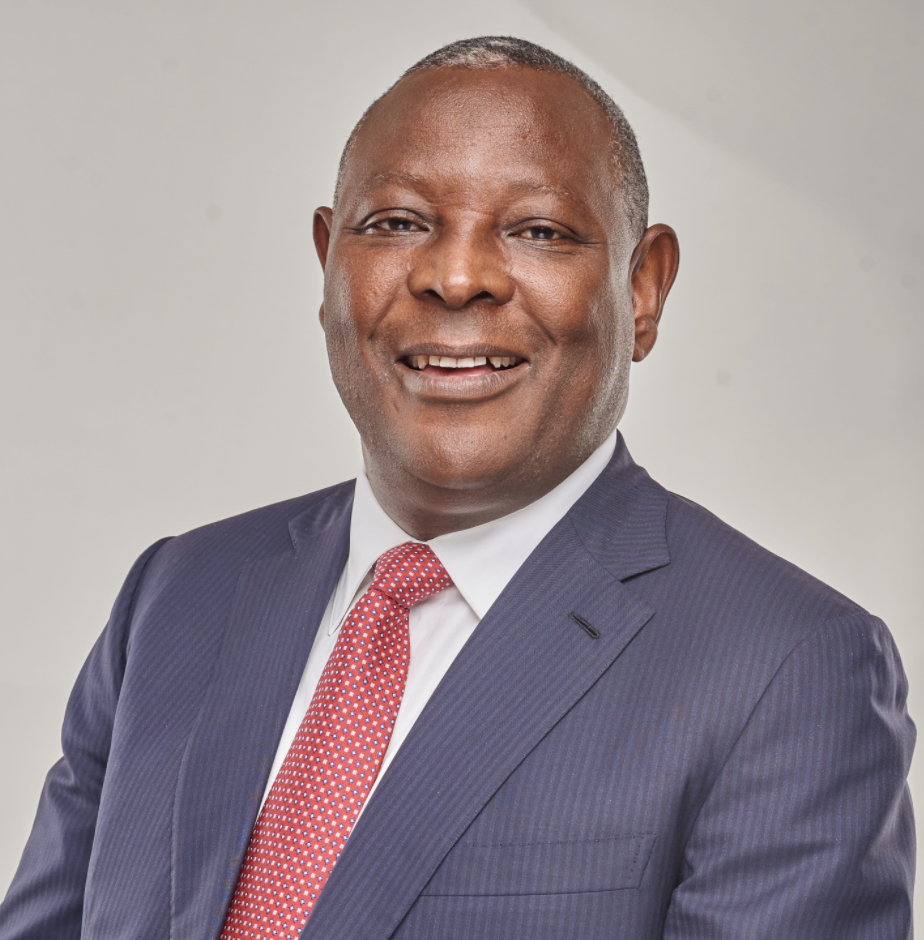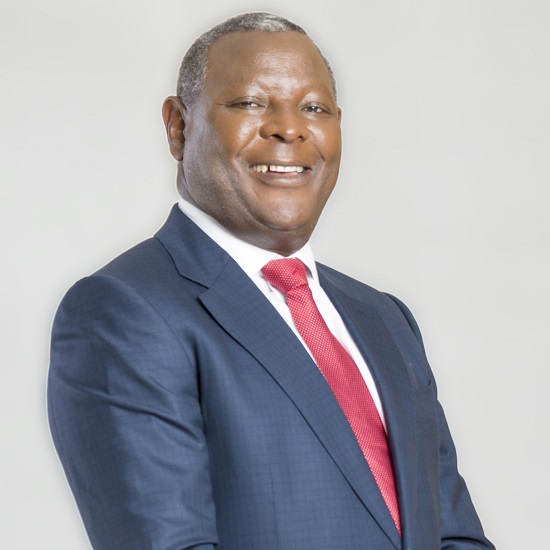ACV Secures £1 Million Funding for Climate-Smart Ventures in Africa
Africa Climate Ventures (ACV), a venture fund startup, has successfully raised £1 million from FSD Africa Investments (FSDAi) to invest in environmentally friendly projects across the African continent. The funds provided by FSDAi are in the form of a convertible loan, aimed at supporting ACV’s formalization process and enhancing its ability to attract investments from larger funds.
ACV has set a target to build a portfolio worth $45 million (Sh6.2 billion) by the end of 2024. James Mwangi, ACV’s CEO and founder, expressed excitement about FSDAi’s involvement, stating that they have already played a vital role in refining ACV’s model. Mwangi, renowned as a co-founder of Dalberg Advisors and a former global managing partner of the firm, further mentioned that FSDAi’s support is invaluable.

FSDAi is the investment arm of FSD Africa, a regional program funded by UK International Development and operating in over 30 countries from its base in Kenya. In addition to the capital investment in ACV, FSD Africa will provide £75,000 in grant funding to support the development of premium carbon credits and the marketing efforts of ACV’s portfolio and pipeline companies.
Looking ahead, FSDAi has secured the option to invest up to £8 million in ACV’s planned 2024 close. ACV aims to establish a portfolio of climate-positive businesses across Africa and intends to launch and scale 15 ventures within the next four years. The company plans to achieve this by investing in existing African businesses to create carbon revenue streams, introducing proven global climate technology to Africa, and facilitating the expansion of climate-smart technologies and business models across the continent.
ACV joins the list of innovative green investment vehicles backed by FSDAi, including Persistent Energy, which specializes in off-grid energy and e-mobility sectors in sub-Saharan Africa, and Nithio, an investor in renewable off-grid energy.
Anne-Marie Chidzero, the chief investment officer at FSDAi, expressed enthusiasm about supporting ACV’s partners and recognized the opportunity to attract global investment and finance that would position Africa as a leading climate investment destination. FSD Africa believes that ACV can enable African businesses to participate in global carbon markets and capitalize on the continent’s unparalleled potential for profitable climate-smart enterprises.
Climate funding Africa Climate funding Africa
Charles Rapulu Udoh

Charles Rapulu Udoh is a Lagos-based lawyer, who has several years of experience working in Africa’s burgeoning tech startup industry. He has closed multi-million dollar deals bordering on venture capital, private equity, intellectual property (trademark, patent or design, etc.), mergers and acquisitions, in countries such as in the Delaware, New York, UK, Singapore, British Virgin Islands, South Africa, Nigeria etc. He’s also a corporate governance and cross-border data privacy and tax expert.
As an award-winning writer and researcher, he is passionate about telling the African startup story, and is one of the continent’s pioneers in this regard






